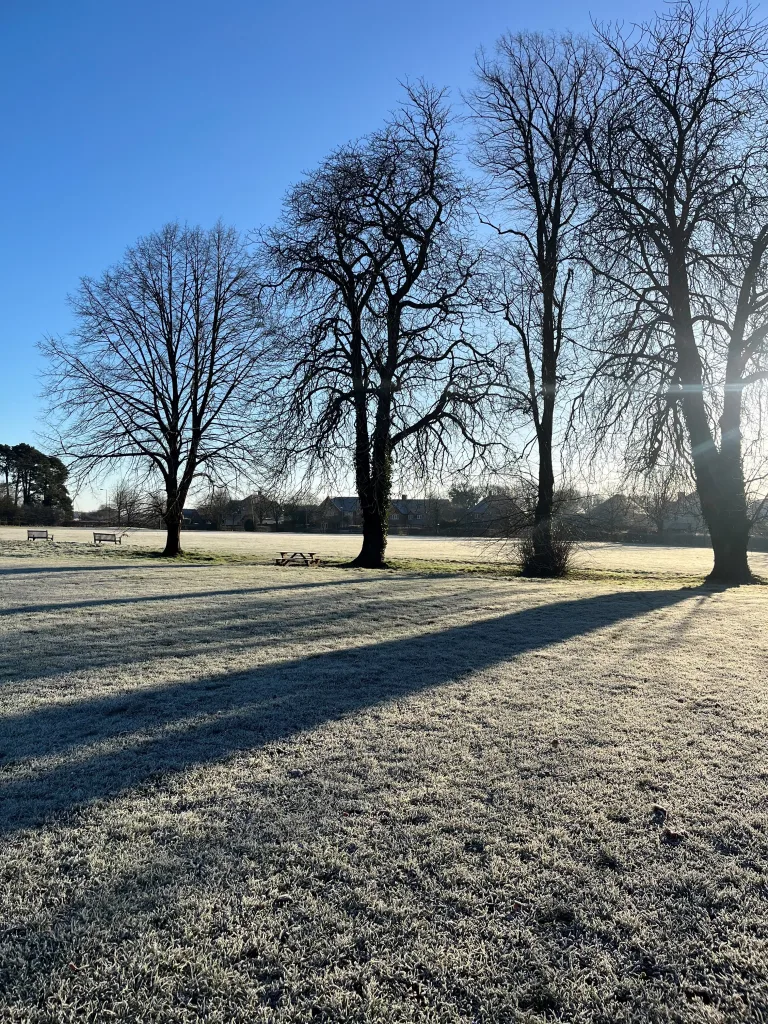Get more Vitamin D to improve your Metabolism

It’s January, most of us are back into work and catching up with the jobs we ignored in December so outdoor time is often neglected, especially as the weather can be very cold in the U.K. We have just passed the Winter Solstice or shortest day of the year and this means the amount of natural light available has been at an all time low. This makes it even more important to grab every second of outdoor time that is possible within our busy schedules. We can’t completely change our lifestyles but we can plan more outdoor activities, walks, or simply go out for ten minutes fresh air a few times a day. It is known that limited daylight has a negative effect on physical and mental health in a number of ways so I’m going to dig deeper into this.
Research shows that a large proportion of the U.K. are red light deficient. Red light is part of the spectrum that we see outside. It helps the body with cell energy production, red light stimulates the mitochondria in cells, which increases the production of adenosine triphosphate (ATP), the cell’s energy currency. So getting natural light is going to contribute to boosting your energy levels (alongside good nutrition and movement!) We also need sunlight to synthesize Vitamin D which in turn helps with calcium absorption. All combined, daylight messages our brain and tells us to get more active which sparks our metabolism.
Outdoor time (especially at dawn and dusk) helps to set your circadian rhythm or ‘body clock’ making it easier for us to fall asleep and get good quality sleep. Most of us spend time on screens that emit blue light which interrupts our circadian rhythm so getting outdoor time is an anti-dote or bio-hack! The amount and quality of our sleep affects many factors within our health, not just how we feel on that particular day. Sleep is needed for rest and recovery of the brain and body, cognitive function is often notably affected by a bad nights sleep so you can imagine how this would impact the body if you continually sleep badly. Lack of sleep also increases our stress hormone cortisol and blood sugar levels which in turn make us crave more food, particularly carbohydrates.
Try taking note of your outdoor time for the week and see if you can up it by 10%. Try taking your coffee into the garden on those fresh mornings, walk to the shop instead of driving, take phone calls outside where possible and get the kids to the beach with their wellies on whatever the weather!